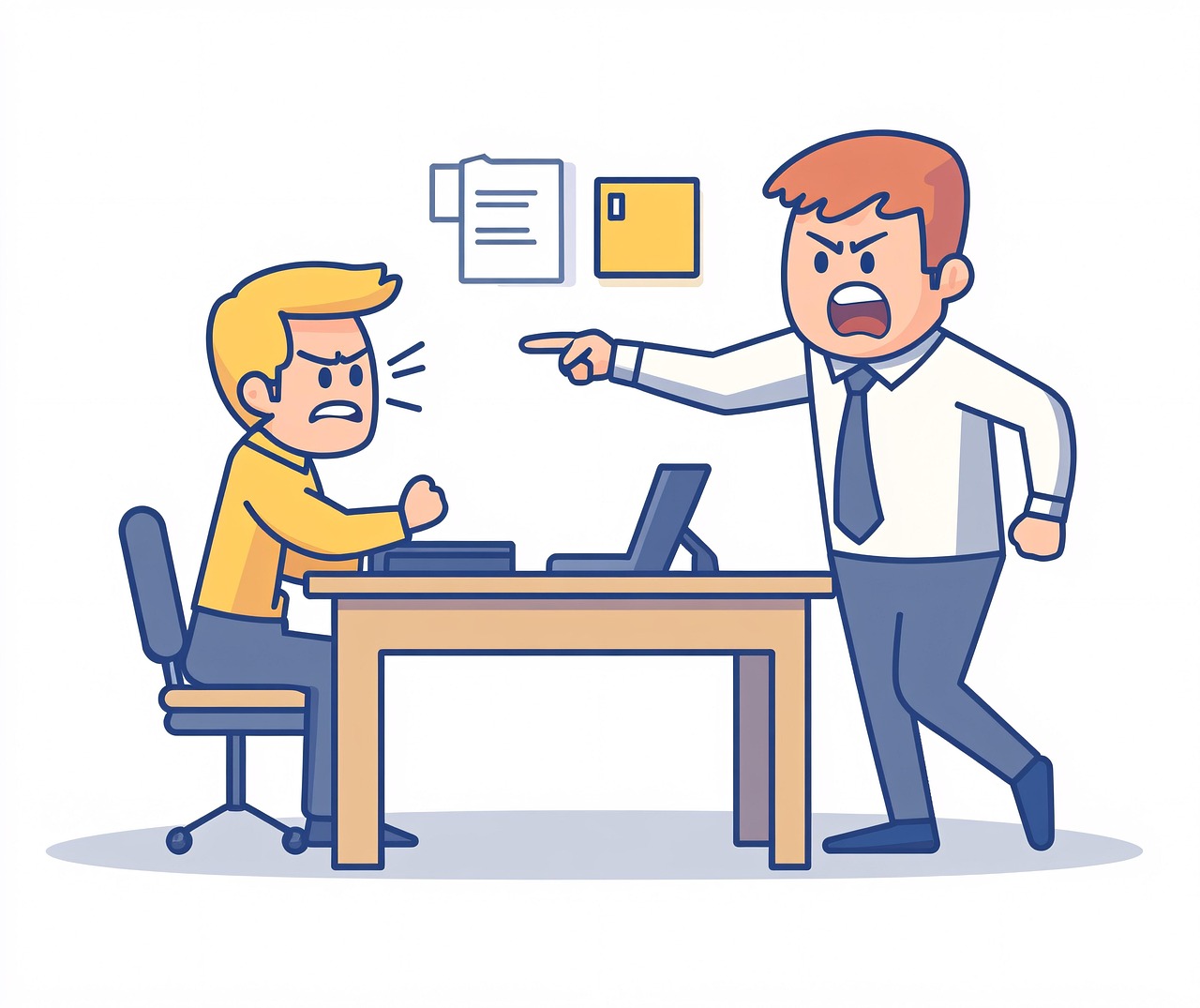In the digital age, “private” messages are often anything but. From texts and DMs to emails and WhatsApp threads, the content we once thought was confined to personal conversations is increasingly turning up in courtrooms across Australia. The key question is: are private messages legally admissible as evidence? Whether it’s a breach of contract, a workplace harassment claim, or a defamation case, screenshots of messages can now play a pivotal role in legal proceedings. But are they always admissible? And what happens if a message is taken out of context, or worse, edited?
This article explores how the Australian legal system treats private digital communications when they become the subject of litigation. Examining the legal frameworks that govern admissibility, consider privacy concerns, and highlight real-world cases where screenshots have tipped the scales of justice.
When Are Private Messages Legally Admissible in Court?
Under Australian law, evidence must meet certain criteria to be admissible. According to the Uniform Evidence Acts (in force across most jurisdictions), evidence must be:
- Relevant to the facts in issue;
- Authentic (i.e. it is what it purports to be);
- Not otherwise excluded (for example, due to unfair prejudice).
Parties in civil matters, particularly defamation, contract, or harassment claims, can introduce screenshots of private messages as documentary evidence. In criminal cases, such evidence might support allegations of stalking, threats, or grooming. Courts examine whether the party manipulated the screenshot, obtained it lawfully, and accurately captured the original communication.
Authenticity and Context: A Legal Balancing Act
Courts are cautious about digital evidence that can be easily fabricated. For a screenshot to be persuasive, it often needs to be supported by metadata (such as time stamps or device information) or corroborated by other witnesses or documentation.
For instance, a single message showing apparent consent or agreement may be outweighed by a full thread revealing duress or manipulation. Lawyers must consider the full conversation, not just the convenient snippet.
Is It Legal to Screenshot Someone’s Messages?
This is where things get tricky. While it’s not inherently illegal to screenshot a conversation you’re a party to, the use and publication of that screenshot could raise issues:
- While Australia does have the Privacy Act 1988 (Cth), which governs how organisations handle personal information, the country lacks a comprehensive, unified privacy framework for individuals acting in a personal capacity, especially when sharing information or capturing screenshots for private use.
- Some jurisdictions, like NSW, have laws restricting covert recording of private conversations. However, these generally apply to audio, not screenshots of written communications.
- If a message contains sensitive or confidential information and is disclosed without consent, a recipient might face civil liability even if they lawfully received the message.
Case Studies: When Private Messages Were Legally Admissible (or Not)
There’s no shortage of real-life examples where digital messages have dramatically altered legal outcomes:
- In defamation proceedings, a defendant may rely on messages to prove the truth of a statement or establish a qualified privilege defence.
- In employment disputes, text messages from employers instructing staff to perform unsafe work have supported claims for constructive dismissal.
- In family law, screenshots of abusive or manipulative messages are frequently used to argue parenting capacity or seek intervention orders
One notable example involved Australian influencer Mikaela Testa, who in early 2025 publicly shared screenshots of private messages and DMs in response to online bullying and claims about her relationship. The situation sparked widespread attention on TikTok and Instagram, with Testa asserting that the messages demonstrated manipulative behaviour and emotional distress. While no formal legal proceedings followed, the controversy raised important questions about whether sharing such content could expose a person to defamation or privacy claims, or whether it served a legitimate purpose in setting the record straight. It also underscored how influencers, like any public figure, walk a fine line when airing private disputes online.
Practical Tips: How to Ensure Private Messages Are Legally Admissible
- Preserve full threads: Advise clients to avoid cherry-picking and retain entire conversations for context.
- Avoid editing: Cropping or annotating screenshots might call their authenticity into question.
- Metadata matters: If possible, export or preserve conversations in a way that retains original timestamps.
- Use caution in publication: Sharing screenshots publicly, especially on social media, can undermine your client’s case or lead to counterclaims.
- Advise clients early: Many don’t realise that casual messaging can become a key exhibit in litigation.
Celebrity Hook: When DMs Go Viral
Just ask Adam Levine, Jonah Hill, or any number of influencers who’ve had their private messages leaked. In recent years, celebrity DMs have exploded into public controversies, from inappropriate advances to contractual misrepresentations. The legal lesson? Once you hit “send,” assume your message could end up in front of a judge, or the entire internet.
Conclusion
Private messages no longer enjoy the protection of assumed privacy, particularly when disputes arise. Whether you’re a high-profile figure or an everyday litigant, your digital communications are fair game if they’re relevant, authentic, and lawfully obtained. As courts become more digitally literate, the line between informal and evidentiary communication continues to blur. In short: think before you type, screenshot with care, and always assume your messages may one day be Exhibit A.
Jake McKinley notes that this article is written for the purpose of providing generalised information and not to provide specialised legal advice. If you require qualified legal advice on anything mentioned in this article, our experienced team of solicitors at Jake McKinley are here to help. Please get in touch with us on 02 9232 8033 today to make an enquiry.




